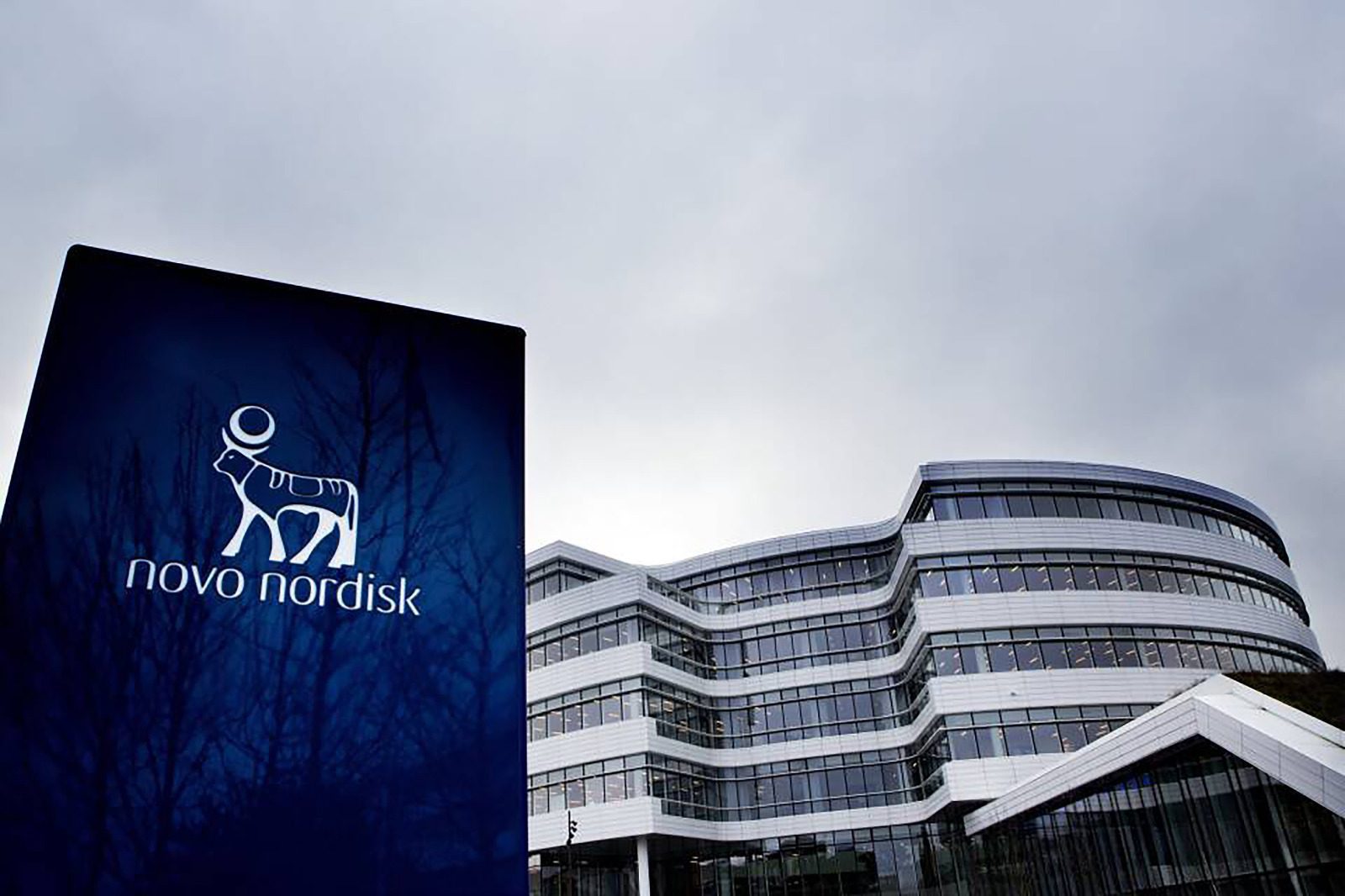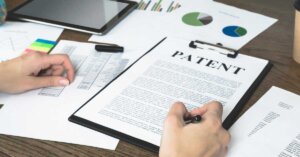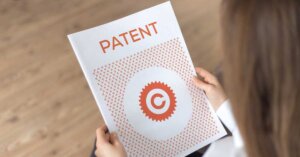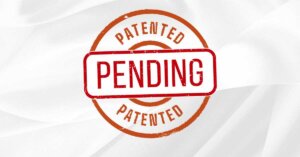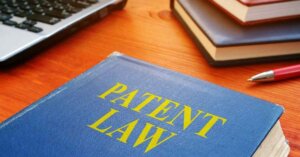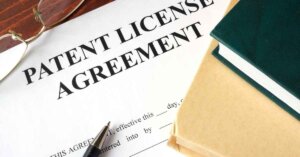In the pharmaceutical worlds, the link between patents and drugs is a pivotal aspect that can spark intense disputes. Patent rights are the lifeblood of pharmaceutical companies– incentives for interested parties to invest heavily in research and development, which leads to groundbreaking medications. However, as competition intensifies, conflicts over these rights could erupt and often shedding light on the intricate relationship between profit, public health, and scientific advancement. Recently, such disputes have been going on between Novo Nordisk, a Danish multinational pharmaceutical company, and the American based Mylan Pharmaceuticals (owned by Viatris).
The issue concerns two patents owned by Novo’s patents on highly popular drugs Wegovy and Ozempic—the former is used to treat type 2 diabetes and prevent major cardiovascular problems in certain patients, while the latter is for weight management. These two drugs are proved to be highly sought after and valuable for Novo, as the success has greatly improved the company’s value. However with success, comes it struggles.
Mylan Pharmaceuticals, who develops generic drugs, look to manufacture their own generic versions of Wegovy and Ozempic, which would not possible due to patent protection. Thus, the US based company thus filed a challenge on those patents, arguing that argued that the patents should cancel because they were “obvious” as it is based on liraglutid, an anti-diabetes medication. Mylan’s argument is focus on main ingredient used on the Novo’s drugs, namely
“semaglutide compound” which they claim to be based on aforementioned liragluitid.
The US Patent Office denied the requests by Mylan Pharmaceuticals, as the Patent Trial and Appeal Board stated that Mylan has failed to “show sufficiently that it would have been obvious to modify liraglutide with a reasonable expectation of success so as to arrive at semaglutide”
Patents and Generic Drugs
Medicines and drugs are normally protected by patent. Specifically, patents are eligible for drugs that meet the criteria for patentability and as an extension; these patented drugs are produced and marketed by parties, typically pharmaceutical companies that holds the patent rights.
When a pharmaceutical company owns the patent to produce a certain drug, other parties cannot produce patented drugs without authorization. This begs the question; does this apply to every drug? What is a “generic drug” and how they apply to the patent world?
After the patent protection period for the drug expires, the patent owners cannot extend it. So when a previously patented drug is no longer protected by patent, other parties are no longer prohibited from producing their own version of these drugs. This is what is commonly referred to as a “generic drug”.
Patents and the medicinal world are often a controversial endeavor. Conflict between the need for more medicinal access and the interests of patent owners are not a rare. Therefore, it is not on uncommon for countries to reinforce laws that govern the relationship between patents on medicine and the public interest. In Indonesia, Article 109 of Law Number 13 of 2016 on Patents stipulates that the Government can control patents on drugs in times of urgent public health emergencies. In other words Government has the power to take over patents on drugs through a mandatory licensing mechanism and/or implementation of Patents, in order to ensure wider and more practical medicinal access, without the issue of patents.
If you believe that Indonesia is the right market for your product or service, then Am Badar & Am Badar IP Law Firm is the right partner to assist you in navigating through the nation’s IP ecosystem.
Our service not only encompass the entire registration process but we also provide monitoring services – monitoring over misuses of your registered Intellectual property by irresponsible parties.
Am Badar and Am Badar IP Law Firm is the ideal place for Partners who need services or consultations related to Intellectual Property. Contact us via ambadar@ambadar.co.id. We will provide the best solution according to your situation.
Sources:
Law Number 13 of 2016 on Patents

